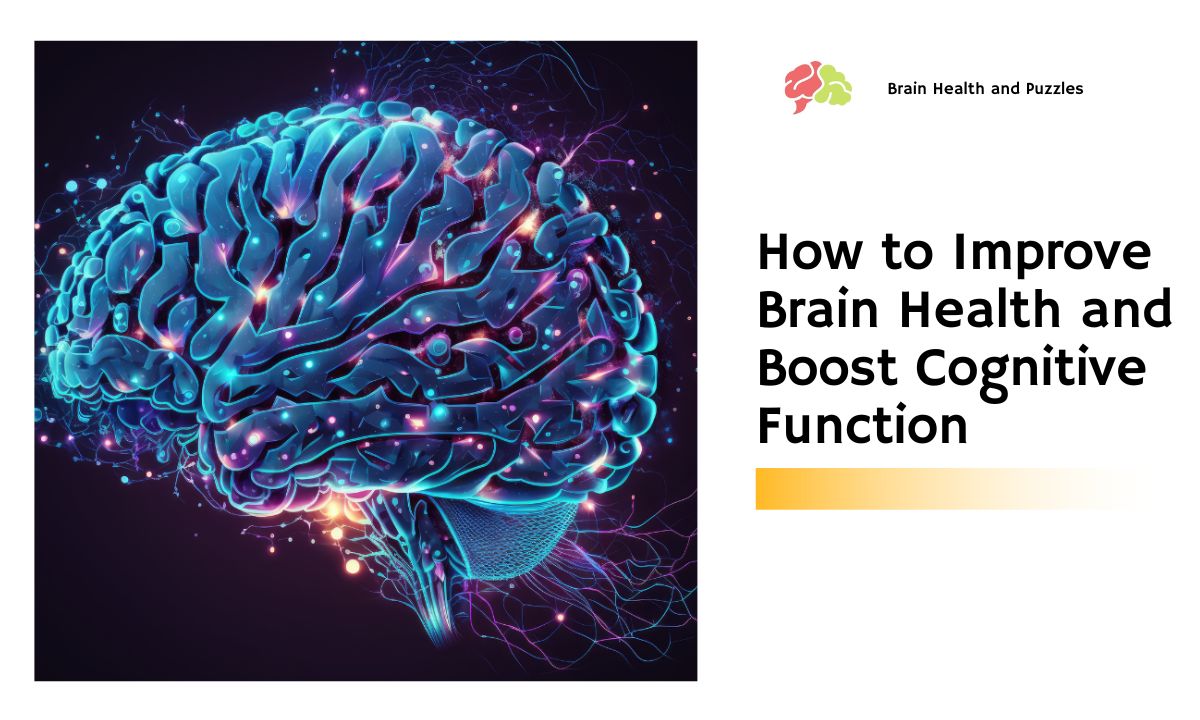
In our fast-paced and technologically driven world, it’s easy to get caught up in the whirlwind of daily life and overlook the importance of mental stimulation. As human beings, we possess incredible cognitive abilities that can be honed and optimized through various activities and practices. Engaging in mental stimulation not only enhances our overall well-being but also unlocks our potential, boosting creativity, problem-solving skills, and overall cognitive performance.
In this article, we’ll explore the significance of mental stimulation and discuss effective strategies to incorporate it into our lives.
I. Understanding Mental Stimulation
Mental stimulation refers to the process of engaging our brains in activities that challenge and exercise our cognitive functions. It involves activating different parts of our brain, promoting neural connections, and expanding our knowledge and skills. While mental stimulation encompasses a wide range of activities, its primary goal is to keep our brains active and agile.
II. Benefits of Mental Stimulation
- Enhanced Cognitive Function: Regular mental stimulation sharpens our cognitive abilities, including memory, attention span, and information processing speed. By challenging our brains, we create new neural pathways and improve overall cognitive function.
- Increased Creativity: Engaging in mentally stimulating activities sparks creativity by encouraging us to think outside the box. Exploring new ideas, solving puzzles, and engaging in artistic endeavors stimulate our imagination and foster innovative thinking.
- Improved Problem-Solving Skills: Mental stimulation enhances our ability to analyze and solve complex problems. It encourages critical thinking, logical reasoning, and the development of effective strategies for overcoming obstacles.
- Reduced Risk of Cognitive Decline: Research suggests that individuals who consistently engage in mental stimulation have a lower risk of developing cognitive disorders, such as dementia and Alzheimer’s disease, later in life.
- Enhanced Learning and Adaptability: Regular mental stimulation facilitates a more efficient learning process. It enhances our capacity to acquire new knowledge, adapt to new situations, and embrace lifelong learning.
III. Effective Strategies for Mental Stimulation
- Reading: Reading books, articles, and other written materials exposes us to new ideas, expands our vocabulary, and enhances our comprehension skills. Dive into various genres to broaden your horizons and challenge your thinking.
- Puzzles and Brain Games: Solving puzzles, crosswords, Sudoku, and playing brain games like chess or Scrabble engage our cognitive abilities and promote mental agility.
- Learning a New Skill: Acquiring a new skill, such as playing a musical instrument, painting, or learning a foreign language, not only provides mental stimulation but also offers a sense of accomplishment and personal growth.
- Social Interaction: Engaging in meaningful conversations, debates, and discussions stimulates our thinking process and exposes us to diverse perspectives. Join clubs, participate in group activities, or seek out intellectual communities to nurture your mind through social interaction.
- Meditation and Mindfulness: Practicing meditation and mindfulness techniques help calm the mind, improve focus, and enhance mental clarity. It allows us to be fully present, reducing stress and promoting overall well-being.
- Physical Exercise: Engaging in regular physical exercise benefits both the body and the mind. Physical activity boosts blood flow to the brain, enhances cognitive function, and improves mood and mental well-being.
- Travel and Exploration: Exploring new places, cultures, and environments challenges our perceptions and broadens our understanding of the world. Traveling exposes us to new experiences, stimulating our curiosity and fostering personal growth.
- Brain-Training Apps and Tools: Utilize the power of technology by using brain-training apps and tools designed to stimulate different cognitive functions. These tools offer personalized exercises and challenges to keep your mind sharp.
Conclusion
In a world where distractions are abundant, prioritizing mental stimulation is crucial for unleashing our true potential. By incorporating various activities such as reading, puzzles, learning new skills, and embracing social interaction, we can keep our minds sharp, boost creativity, improve problem-solving abilities, and reduce the risk of cognitive decline. Remember, mental stimulation is a lifelong journey that can positively impact our overall well-being, cognitive function, and personal growth. So, embrace the power of mental stimulation and unlock your limitless possibilities.



